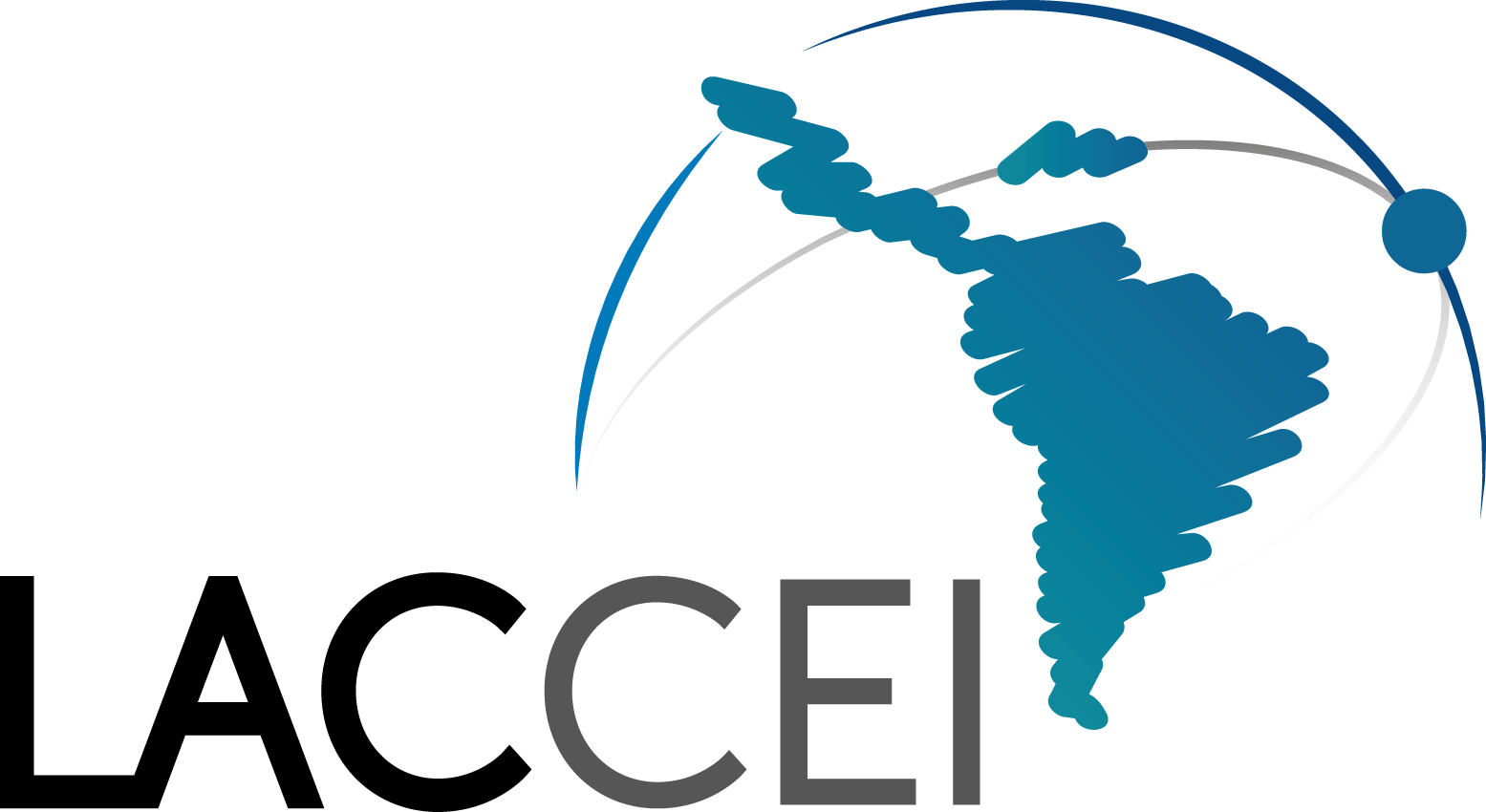Why be a peer reviewer?
The articles from the LACCEI conferences and publications are subject to a peer review process. This process plays a fundamental role in academic and professional presentations and articles: it contributes to improving the quality of the presentations and articles, and it facilitates the creation of professional and research networks. Peer review is the only widely accepted method of validating publications and has remained relatively unchanged for more than three centuries.
Among the main benefits derived from becoming a peer reviewer are: helping authors improve their articles; staying up-to-date in the field of interest; developing new relationships; improving the academic and professional profile; and improving one’s own writing skills.
To be a peer reviewer
Reviewers must hold at least one PhD in a field or be recognized as experts in the subject of the article under evaluation.
If you wish to be included in the team of reviewers for LACCEI conferences or publications and are interested in reviewing papers related to a specific topic, complete and submit your request HERE.
When a volunteer is interested in being a reviewer, he indicates on the application form his areas of expertise and, in general, he will be assigned papers in that subject, as well as in the languages of his preference.
Reviewers are selected by the program chair of each conference or the editor of a publication, from among those who have volunteered or have been referred by a member of the corresponding organizing or editorial committee. The reviewers will receive an email request from the appropriate program chair or publisher and will have the option to accept or reject the request. No revisions will be assigned until the request has been accepted. The reviewer will be assigned the papers anonymously without indicators as to their authors to ensure all reviews are conducted impartially.
The review process for conferences
Reviewers generally provide their assessment in the form of a questionnaire that they complete and send to the program chair. This will form the basis for deciding whether the work will be accepted, accepted with revisions, or rejected. Papers with serious flaws pointed out by a reviewer will be rejected, although they may be resubmitted in the future once they have been improved.
Articles to review are assigned approximately one week after the deadline for the “Call for papers.” Normally, reviewers will have about a month to submit their reviews. It is very important to the program committee that all reviews are received by the deadline. Evaluations must be submitted using the ConfTool platform.
Once final decisions, based on the peer reviews, have been made the program committee chair will notify the authors, who will receive copies of the reviews. The final decisions on the papers will be posted in the ConfTool platform and can be viewed there.
Instructions for Reviewers
(Select the event or publication of your interest)
LEIRD 2023 Student Competition E&I23
LEIRD 2023 (Full Papers and Work in Progress)
- The review process must be performed using the ConfTool platform
- If you do not have an account in ConfTool you must create one HERE using the same email account with which you registered as an evaluator. You can download a guide on how to create and access your account HERE.
- Instructions for accessing and downloading ConfTool articles can be found HERE.
Student Competition E&I23
- Papers must be downloaded from the ConfTool platform. If you do not have an ConfTool account, you must create one HERE using the same email account with which you registered as an evaluator. You can download a guide on how to create and access your account HERE.
- Once you have an account, the instructions to download the papers from ConfTool can be found HERE.
- Submit your review by using ConfTool.

